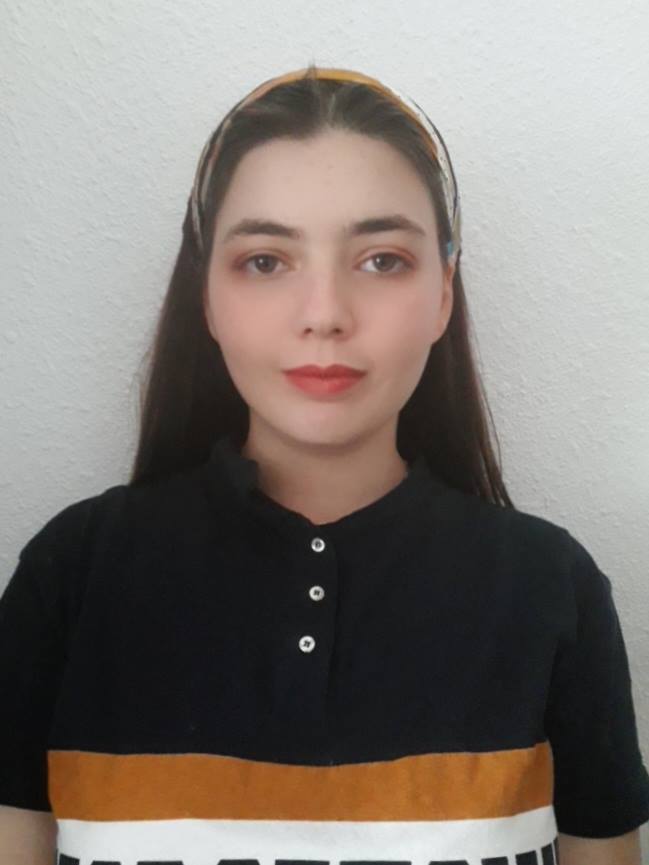Stop a stranger in the street, in any country in the world, and ask them what they know about Bosnia and Herzegovina. The majority will tell you that they heard there used to be a war. With so much to offer, and no platform upon which to reach people, the country is falling further into obscurity and with countless, untold stories lurking beneath the surface.
Anes Osmić, an assistant professor at the Faculty of Philosophy and an editor of the youth magazine Karike, has taken the opportunity to tell one of these stories to heart. The Mockers (Bosnian: Podrugljivci) is a six-episode web-series, written and produced by Anes to share some of the experiences of what is being affectionally called the “1.5 generation”; the people in Bosnia and Herzegovina who grew up directly after the war ended, having never seen it directly but being affected by it every day.
A basic pitch of the web series is a group of lost, lonely Bosnian teenagers finding each other at a peacekeeping camp and making a pact to kill their fathers. Damir, or “Dado”, carries a profound hatred to his biological father for the abuse upon his mother. Jagoda’s father left her and her mother years ago, and refuses to take part in their family. Ognjen, or “Ogi”, has a father whose narcolepsy has ensured he slept through most of Ogi’s childhood, and is doing a great job of sleeping through his teenage years. Finally, Saja is living with the shadow of an absent father who died during the war and left behind an unattainable legacy.
Each character from the main cast tells a different story. However, the web series is a lot more than an action flick. The Mockers explores themes of identity, generational trauma, deep-rooted ethnic divides, toxic family dynamics, and how to let go of the things that hurt you. It tells a profound story of young adults, growing up in a world that does not recognize them, and how they take control of their lives.
For anybody who grew up in Bosnia, these struggles are well-known ones. The Mockers gives a terrifyingly realistic portrayal of how these experiences warp family dynamics and change how you view a so-called normal life.
One Summer School participant gives her unique and personal take on the series. “As a child from what we call a mixed marriage (my mother is Bosniak and my father is a Serb from Bosnia), this series resonated with me. In primary and secondary school, I had friends from Serbia. I remember one of these friends once telling me that I inherited more from my father than from my mother, in the sense that I was more Serb than Bosniak. I remember these friends laughing at my dialect… I often think about this. What did these girls hear from their parents, what did they learn from their family? All people, not just Bosniaks, Serbs, and Croats, must find their inner peace.”
However, for foreigners interested in understanding such dynamics, the web-series acts as less of a wake-up call and more of a well-meaning punch to the face. “It’s difficult to see these divisions in society,” another participant said after finishing the series. “Not just here, but in everyday life… it’s hard for me to talk about it, because I didn’t take part in the events of the 1990s. I’ve experienced it from the side-lines, from books and reports. Someone like me might find it easy to say that it’s time to move on from the past, because I didn’t feel it on my own skin.”
“It would be good for people to talk about this,” she adds later. “Openly and seriously, to start healthy and constructive conversations and for people to reconcile with each other, and not just to pass this hatred and prejudice on to other generations. Not all people are responsible for the war. Not everyone committed crimes. It takes projects like The Mockers to start these conversations.”
“I always choose art,” Anes says, while finishing up the workshop. “Art is how you reach out and share emotions, and emotions are how you tell a story. Music, humour… language. I know this show is a good way to reach people, to talk about our trauma and our peacebuilding. If nothing else, it’s a start.”
A final thought was the term of negative peace. Offered by another participant, negative peace exists as an absence of violence. He explains that a violent act stopping doesn’t necessarily mean peace has returned; the goal is positive peace, which implies both the absence of violence and the unfolding of conflict in ways that promote new and crucial growth. In understanding the difference between positive and negative peace, Anes’s audience takes one more step towards upholding their own peacekeeping.
You can watch The Mockers in Bosnian and with English subtitles at the following link:
If you do watch it, make sure to tell Anes hello from the Association “Linguists” in the comments!

Comments